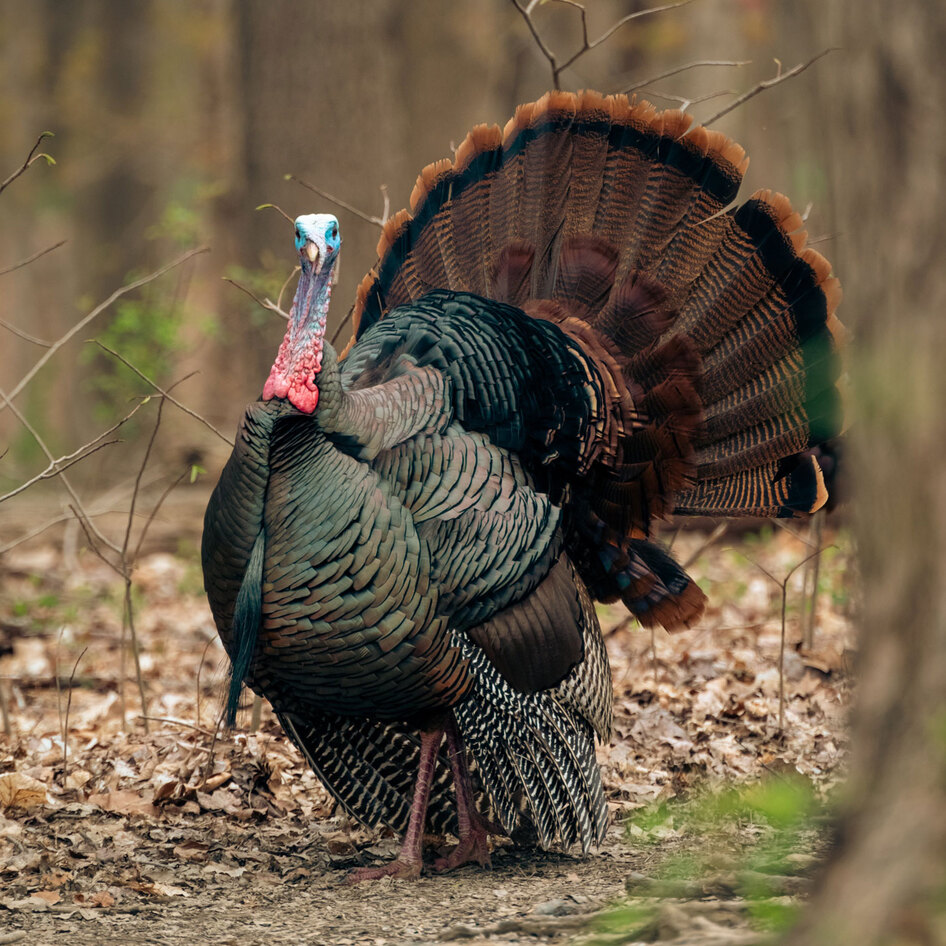Study Shows Childhood Pets Lead to Meat-Free Diets
New research reveals that children who grow up with companion animals are less inclined to eat them in adulthood.
March 9, 2018
A recent study conducted at the State University of New York at Albany by psychologist Sydney Heiss revealed that children who grow up with a companion animal are more likely to adopt a plant-based diet in adulthood. Heiss surveyed 325 participants regarding their diets and histories of cohabitating with animals and found a positive correlation between the variety and number of domestic animals with whom a child shares their homes and the chances of them adopting a meat-free diet. “Individuals who [lived with] a greater variety of pets in childhood endorse more concerns regarding animal use,” Heiss said. Early socialization with animals, according to Heiss, gives individuals “an enhanced ability to generalize empathy from companion to laboratory, farm, and wildlife animals.” Similarly, a 2016 study showed that when meat-eaters were presented with images of live animals, as opposed to typical meat marketing that utilizes images of processed meat products, they felt more empathetic toward the animals, resulting in a decreased desire to meat.
JUMP TO ... Latest News | Recipes | Guides | Health | Subscribe







